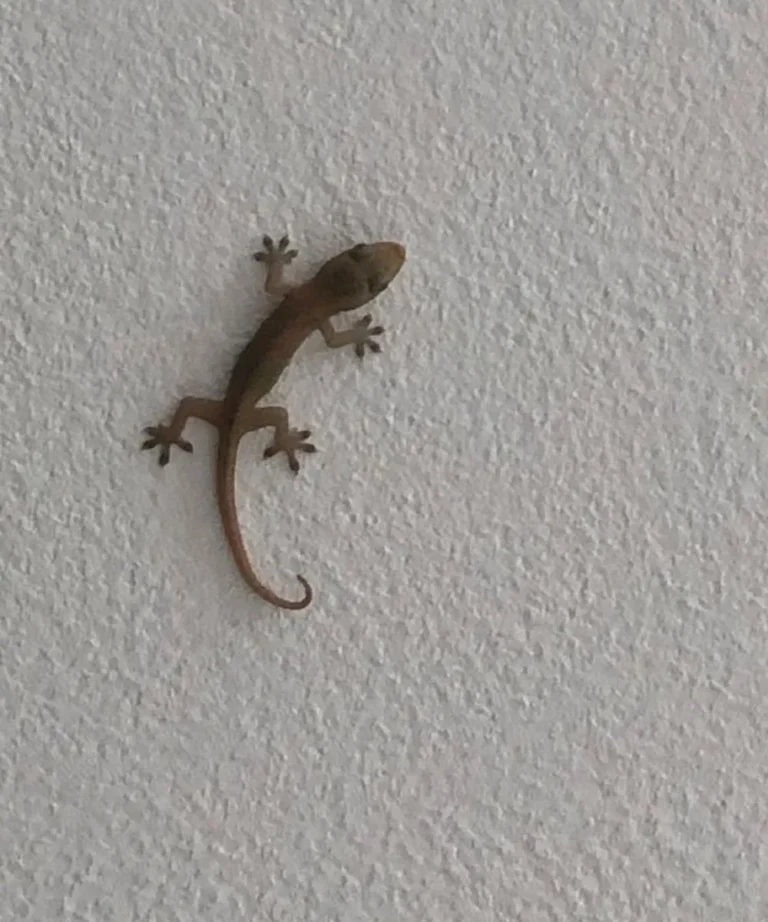Can Lizards Predict Weather Changes? Exploring the Myth, Behavior, and Science Behind This Common Belief
In many parts of the world, lizards are not just tiny reptiles scurrying across walls—they’re considered natural weather forecasters. This belief, rooted in tradition and observation, suggests that lizards can sense and predict changes in the weather before humans do. But is there any truth to this? Let’s dive into the myth, the science, and what lizard behavior might really be telling us.
The Traditional Belief: Lizards as Weather Prophets

Across various cultures—especially in Asia, Africa, and rural parts of the Middle East—it is commonly believed that lizards can sense upcoming changes in the environment.
Some popular beliefs include:
When lizards disappear from walls or stop moving, it’s a sign that rain or a storm is coming.
Increased lizard activity, especially near lights or ceilings, may suggest hotter or drier weather ahead.
Sudden chirping (in species that make sounds) is sometimes taken as a signal of approaching rain.
These observations often stem from generations of close connection to nature, where small animal behaviors were seen as subtle hints about what’s to come.
The Science Behind the Belief
So, do lizards really “predict” weather changes? While they don’t predict in the human sense, scientists believe there may be some truth behind the behavior patterns that lead to this belief.
Here’s what research and biology tell us:
1. Lizards Are Ectothermic (Cold-Blooded)
Lizards rely on external temperatures to regulate their body heat. As a result, they are extremely sensitive to temperature and humidity changes.
Before a rainstorm or drop in pressure, they may seek shelter, appearing to “vanish.”
In warm, dry conditions, they may be more active and visible.
see more on the next page
